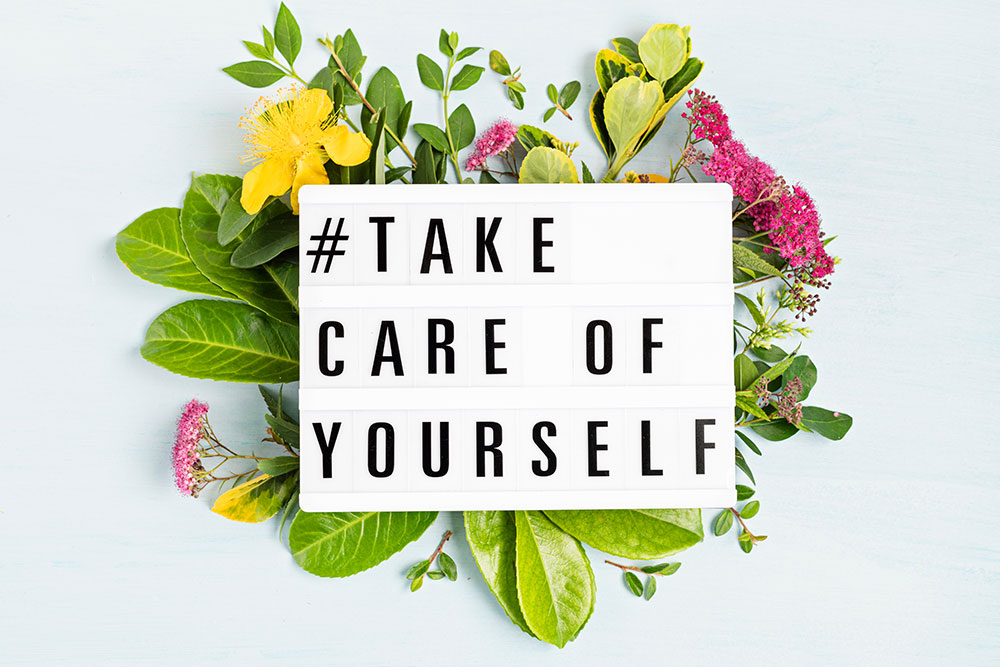
Mental health and wellness are topics we can’t escape. And that’s a good thing. The more we talk about it, the more awareness we bring to fostering positive mental health. Being better educated on the subject will help break the stigma surrounding it. That is that having mental health problems is a sign of weakness or a character flaw.
Quite often there are a lot of myths and false assumptions around mental health and what it means. In this blog, we will look at mental health and answer several commonly asked questions on the subject.
What is Mental Health?
It can be defined as a state of mental well-being. It affects how we think, act and feel. It determines how we handle life’s stresses, how we relate to others and our decisions.
It’s a combination of our psychological, emotional and social well-being. Just like our physical health, we must look after our mental health. But unlike physical health, mental health problems can easily go unseen, undiagnosed and untreated.
Globally, mental conditions are on the rise. In the decade leading up to 2017, there was a 13% rise in mental health conditions, according to research carried out by the World Health Organization (WHO). Now one in seven of us live with a mental condition.
The increasing levels of poor mental health also come with a financial cost. Anxiety and depression cost the global economy a massive $1 trillion every year.
What Factors Affect Our Mental Health?
As individuals we’re all different. Our life experiences are all unique. Some of them, such as abuse or trauma, can affect our mental health. Biological factors like our genes and brain make-up are factors as well. If there’s a family history of mental health problems, this can be passed on to us too.
All of these factors, coupled with everything we go through in life, from financial stress to relationship breakups and ill physical health, can significantly affect our minds and how we feel.
What Is the Difference Between Mental Health & Mental Illness?
Mental health and mental illness are not really the same. These two terms can get mixed up. Firstly, we all have mental health. Secondly, we won’t all experience a mental illness. But, we will all experience something that will challenge us mentally.
You can have poor mental health but not suffer from a mental illness. And if you live with a mental illness, you can experience periods of mental well-being. Mental illnesses can be episodic. This means that, like with physical health problems, there will be episodes of ill health and times of good health.
Is Positive Mental Health About Being Happy All the Time?
No. Life is a rollercoaster. We have ups and downs. Good days and not-so-good days. We can’t be happy every single moment of the day. Positive mental health is about how we cope, despite what life throws at us. It’s fine to not be skipping down the street with joy each day but, too many days of feeling down may be a sign that you’re struggling mentally.
What Are the Early Warning Signs to Look Out For?
Experiencing one or more of the following factors could be an early sign of mental health problems:
- Low mood or severe mood swings
- Loss of appetite or increased appetite
- Social isolation
- Low energy
- Sleeping too much or too little
- Feeling hopeless
- Substance abuse
- Unable to concentrate
- Feeling increasingly confused, irritable, emotional, scared, angry
- Having persistent negative thoughts
- Hearing voices
- Wanting to harm yourself or others
- Reduced personal hygiene
What Are the Different Types of Mental Illness?
Anxiety and depression are two of the most common mental health illnesses that we or someone we know experiences but there are many others, like:
- Bipolar Disorder
- Post-Traumatic Stress Disorder
- Eating Disorders
- Borderline Personality Disorder
- Obsessive Compulsive Disorder (OCD)
- Psychosis
- Seasonal Affective Disorder (SAD)
- Schizophrenia
- Self-harm
Some of these illnesses can be treated with counselling. Some people may need to have a combination of counselling and medication. People with these mental illnesses can lead normal lives, if they receive the right treatment and support. This free infographic might be helpful if you or someone you know could be suffering from General Anxiety Disorder (GAD).
Am I At Risk of Developing a Mental Disorder?
Any one of us can develop a mental disorder. Remember the factors mentioned earlier that can affect our minds? Well, they can affect all of us and lead to compromised mental health at any time.
Some people will be more resilient than others and able to ‘weather the storm’ but there are many who won’t be able to. And there’s absolutely nothing wrong with that.

Exposure to adverse life circumstances, like living in extreme poverty or with a disability, experiencing violence or inequality, can increase the risk of developing a mental disorder.
How Can I Maintain My Mental Health?
Maintaining positive mental wellness leads to a more fulfilled life. Here are some things you can try to keep in good shape mentally:
Exercise – regular exercise, just 30 minutes a day works wonders on the mind
Eat well – a balanced diet improves mental health
Keep hydrated – drinking water replenishes your cells and keeps energy levels up
Sleep well – a good night’s sleep can lead to better mental wellbeing
Seek help – getting professional help can enable you to understand your mental health better
Relax – making time to relax and do things that bring you satisfaction can reduce stress
Connect – connecting with others through meaningful relationships can reduce stress and remind you that you’re not alone
Expand Your Mind
Intrigued about mental health after reading this blog? Want to learn more? Well we have a Mental Health Awareness course that’s a great place to start your learning journey. You will learn about the nature of mental wellness, as well as steps to improve and develope positive mental wellness in your organisation.
About the author(s)






















































































































































































































































































































































































































































































































































